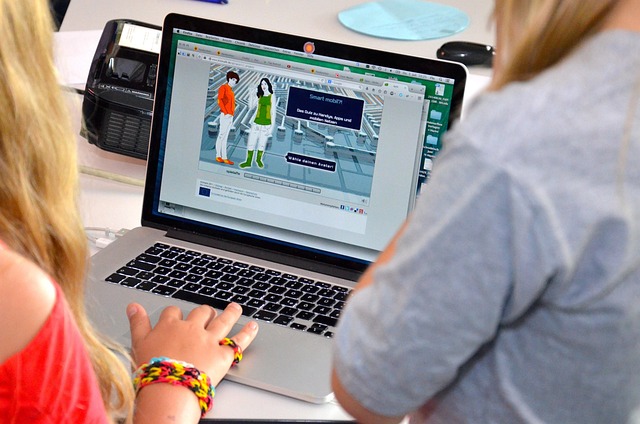In today’s hyper-connected world, social media has emerged as a double-edged sword. On one hand, it provides a platform for connection, creativity, and community, while on the other, it can foster addiction and compulsive behaviors. As we navigate this digital landscape, it becomes increasingly important to cultivate media literacy—a crucial skill that enables individuals to critically analyze the information they encounter online and make informed decisions about their media consumption.
Social media platforms have transformed the way we communicate, but the impact is not without consequences. Users often find themselves consumed by the perpetual scroll of feeds, leading to a sense of emptiness or disconnection from reality. This compulsive behavior can breed feelings of isolation, anxiety, and even depression, particularly among younger audiences. The addictive nature of these platforms is largely driven by algorithms designed to capture attention and keep users engaged, sometimes at the expense of their mental health.
Here, media literacy plays a vital role in combating the negative effects of social media. It empowers individuals to discern between healthy and problematic usage, fostering a critical understanding of the ways in which social media shapes our perceptions, relationships, and behaviors. By developing media literacy skills, users can learn to recognize persuasive tactics employed by platforms, such as notifications and likes, which can create a cycle of dependency.
Additionally, understanding the nuances of social media content can help users navigate the overwhelming tide of information. From recognizing misinformation to evaluating the credibility of sources, media literacy equips individuals with the tools needed to engage thoughtfully and purposefully online. This means not just consuming content passively, but actively questioning the motivations behind what is being presented. Are these posts promoting a sense of community, or are they serving only to benefit the creator’s agenda?
Furthermore, media literacy encourages a reflective approach to social media use. This can involve setting boundaries for when and how long one engages with these platforms. Mindfulness practices, such as taking breaks, assessing emotional responses to content, or curating one’s feed to prioritize positive influences, can significantly reduce the risk of addiction. When individuals take the time to analyze their habits and the effects of social media on their well-being, they can foster a healthier relationship with technology.
Ultimately, as we delve into the nuances of media literacy, it’s vital to acknowledge that we are all susceptible to the addictive nature of social media. The journey toward healthier consumption patterns is ongoing and requires collective effort—from individuals becoming more media literate to educators and parents instilling these values in younger generations. By promoting a culture of critical engagement and awareness, we can empower ourselves and others to reclaim control over their digital experiences, cultivating not just healthier habits, but a more meaningful connection to the world around us.



